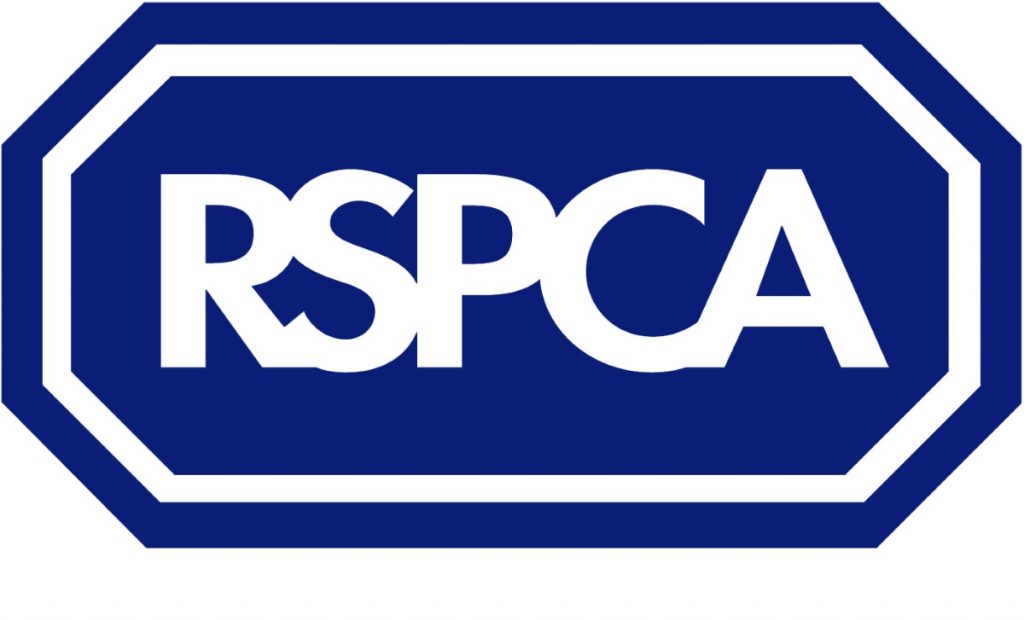Deliberate cruelty to pets is on the rise warns RSPCA
The RSPCA’s annual figures for 2014 show that cruelty complaints investigated by the charity in England and Wales have gone up once again.
More worrying still is that the numbers of complaints involving direct cruelty including beatings, improper killing, mutilation and poisonings have also increased and account for 13% of the complaints investigated in both 2013 and 2014.
The charity investigated 159,831 complaints in 2014 compared to 153,770 in 2013. A shocking 20,258 of these complaints involved alleged deliberate and often violent cruelty being inflicted upon animals. This was up from 19,683 in 2013.
RSPCA chief veterinary officer James Yeates said: “It is extremely concerning that we are still receiving more than 20,000 complaints about animals being deliberately caused to suffer and that’s 20,000 too many.”
“Most of the complaints we receive involve animals being neglected or not receiving the right care and often we can put that right by offering welfare advice. However, it is shocking that in 2014 people are still being deliberately cruel in what can be disturbingly inventive ways.”
Some of the animals abused in 2014 included:
- A Staffie puppy, now named Dudley, caught on camera being thrown, kicked and having his head trapped in a door in Cumbria;
- A cat who had been hit by a car in Lancashire and whose attacker (a passer-by), instead of trying to save him, kicked him like a football several times. The cat had no chance of escape and later died;
- An eight-week-old Jack Russell terrier puppy from East Sussex who was left in agonising pain and with a raw wound after his tail was cut off;
- A dog named Ziggy who was found shot in the head with a 20-inch crossbow bolt near Peterborough;
- A Yorkshire terrier who was caught on CCTV being suspended by the neck and beaten over the head several times in Essex;
- Chili the cat (now called Buster), who suffered severe head injuries after being kicked and then abandoned by his owner in Buckinghamshire;
- A rabbit that screamed and writhed in pain before collapsing and dying after being microwaved in Gloucestershire; and
- A dog found burned and beaten in Merseyside
2014 was also the year that saw five prosecutions relating to the Neknomination online craze in which several people took part in ‘dares’ involving swallowing live fish, frogs and even a lizard.
The pets most likely to fall victim to alleged deliberate cruelty in 2014 were dogs (21,084), the majority of which (16,089) were reported as beaten, followed by cats (5,194) and rabbits and small animals (3,653)*.
But lots of owners listened to advice given by RSPCA inspectors. In 2014 the number of animal owners who were offered and accepted welfare advice increased from 76,810 in 2013 to 82,746 in 2014. Cases which had to be resolved by way of prosecution also decreased – with 1,029 people convicted of animal welfare offences in 2014, down from 1,371 in 2013.
The vast majority of RSPCA work is improving animal welfare by giving advice to owners.
James added: “Our aim is always to prevent cruelty so it’s really positive that a greater number of people followed our advice. Crucially this means that although we are still receiving complaints about cruelty we are often getting to incidents before suffering has occurred and helping owners to provide for their animals, whether that means getting veterinary care for them or just giving them the right diet.
“Sadly, though, where cruelty is still happening there will be a need to prosecute in the most serious cases and it is upsetting that so many people are still mistreating animals by deliberately causing them harm or by not providing them with the care they deserve.”
The RSPCA is a charity that relies on public donations to investigate complaints received and to care for many thousands of sick, injured and badly treated animals every year. To help, please text HELP to 78866 to give £3 (texts cost £3 plus one standard network rate message).
Notes to editors
* Please note that one complaint may involve more than one animal, so the numbers of animals involved can exceed the numbers of complaints.
Please note that complaints investigated can have any number of outcomes including prosecution and welfare advice, but may also include those where, upon looking into them, we could not find evidence to take further action, or where there was no cause for concern.
Please note that, 64,425 complaints of those received and investigated in 2014 were substantiated and had an outcome i.e. resulted in the collection of an animal; resulted in advice, warning notice or caution given; or resulted in prosecution.
Case studies and photos are available, as well as county breakdowns of figures. For more information, please contact the press office on 0300 123 0244/0288 or email press@rspca.org.uk





-01.png)